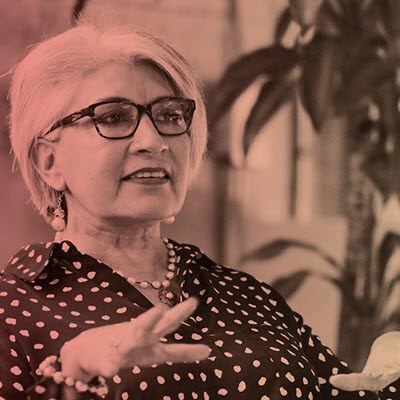Many societies have made significant advances in gender issues since the 1970s, when women in the UK, for example, still couldn’t open a bank account without their husband’s permission. A far greater percentage of women around the world can now make their own choices about education, career, healthcare, investments, and marriage.
But many of the same battles and structural issues remain. The World Bank in 2018 examined 189 economies and found that almost half still have laws preventing women from working in specific jobs. 59 have no laws on sexual harassment in the workplace, while 18 permit husbands to legally prevent their wives from working. The average global gender pay gap remains stubbornly bad at 63%, and financial services, at 30%, is among the industries with the greatest disparity. Clearly there is much work to be done.
How Financial Services Can Help Drive A Gender-Equal Society
The financial services industry has tried to address some of these issues by hiring and retaining more women and, in some cases, focusing on women as customers. But the industry has focused little systematic attention on the broader problem of gender inequality throughout society. What if driving gender equality outside their organizations, in communities and societies, could simultaneously help drive gender equality within their organizations – and also benefit their customers.
The Oliver Wyman Forum recently convened a diverse group of senior thought leaders to consider this idea. The co-creation event sparked lively and fruitful debate. Participants agreed that the financial services industry can and should play a role in several key ways.
A decade after the financial crisis, executives are still grappling with questions about their firms’ role in society, their purpose, culture, and trust. Firms are feeling intense pressure to re-anchor their corporate purpose to an authentic mission and set of values. If the industry believes in a gender balanced society, then it has a core role to play in this effort, and this will show commitment and authenticity in corporate purpose.
The financial services industry is unique in its power, reach, influence, and visibility. That gives it a unique opportunity to lead the way – but also a unique responsibility to actAndrew Hauser, Executive Director, Markets, Bank of England
External gender-equality activities and commitments can signal values that are more likely to attract and retain a diverse set of workers who share those values. Recent studies showed that more than 70% of generation z cite a company’s diversity as a “deciding factor” when looking at career opportunities.This can help to build a workforce of both women and men who support gender equality and understand the value that this can bring to the business.
Financial services firms have touchpoints with people throughout their lives and this means their products, services, and other initiatives can work to support gender equality at every stage. This could be through promoting financial literacy in schools, supporting financial independence, or supporting women to form and grow businesses. This can create positive brand association as the organization becomes better at providing services that support all humans in society through life. The firm, in turn, enjoys more customer satisfaction and business growth.
What Financial Services Firms Need To Do
Financial services firms are uniquely positioned to promote gender equality in society through their deep customer reach, resources, and influence at levels that can mobilize private (and public) capital. Financial services are core to people’s everyday lives no matter their gender, age, socioeconomic status, race, or nationality.
Firms can use their power and influence in the market and society to catalyze and amplify progress. They can be vocal about pursuing gender equality as a strategic imperative. They can collaborate with other private and public sector organizations to pool resources and increase the impact of initiatives, allocate capital to businesses that promote gender equality and encourage others to do so. Firms can publicly support flagship gender initiatives from women’s sports to high-profile campaigns such as #metoo. They can also favour suppliers that promote gender equality, and support policy and legislative change.
There are loads of initiatives and examples of best practices out there but without business and government stating it as a top priority, we will never get thereLorraine Heggessey, Former CEO, Royal Foundation of the Duke and Duchess of Cambridge and the Duke and Duchess of Sussex
Financial services firms can dare to be radical for the greater good. The most successful will employ new techniques such as “crowd-hacking” to expose the gaps where women are not adequately served by financial services, even if these gaps could be better addressed by competitors. They will explicitly highlight the benefits of using financial services as a catalyst to address societal gender issues such as economic abuse, domestic violence. And they will be bold around the message that gender equality benefits all people – non-dominant groups need allies for the journey.
While not immediately obvious, it is somehow comfortingly intuitive that seizing the gender equality agenda in society at large has huge value internally and can lead to real business benefits. Financial services organizations that make this connection will make great strides forward.
Changing society will be a key part of the journey to changing themselves.
Oliver Wyman Forum - Women In Society Event
Earlier this year, Oliver Wyman Forum hosted a Women in Society Event, it brought together senior leaders from across and outside of the financial services industry to examine why it is valuable for financial services firms to actively focus on supporting and championing gender equality in society. To find out more about the event, watch the video below.









